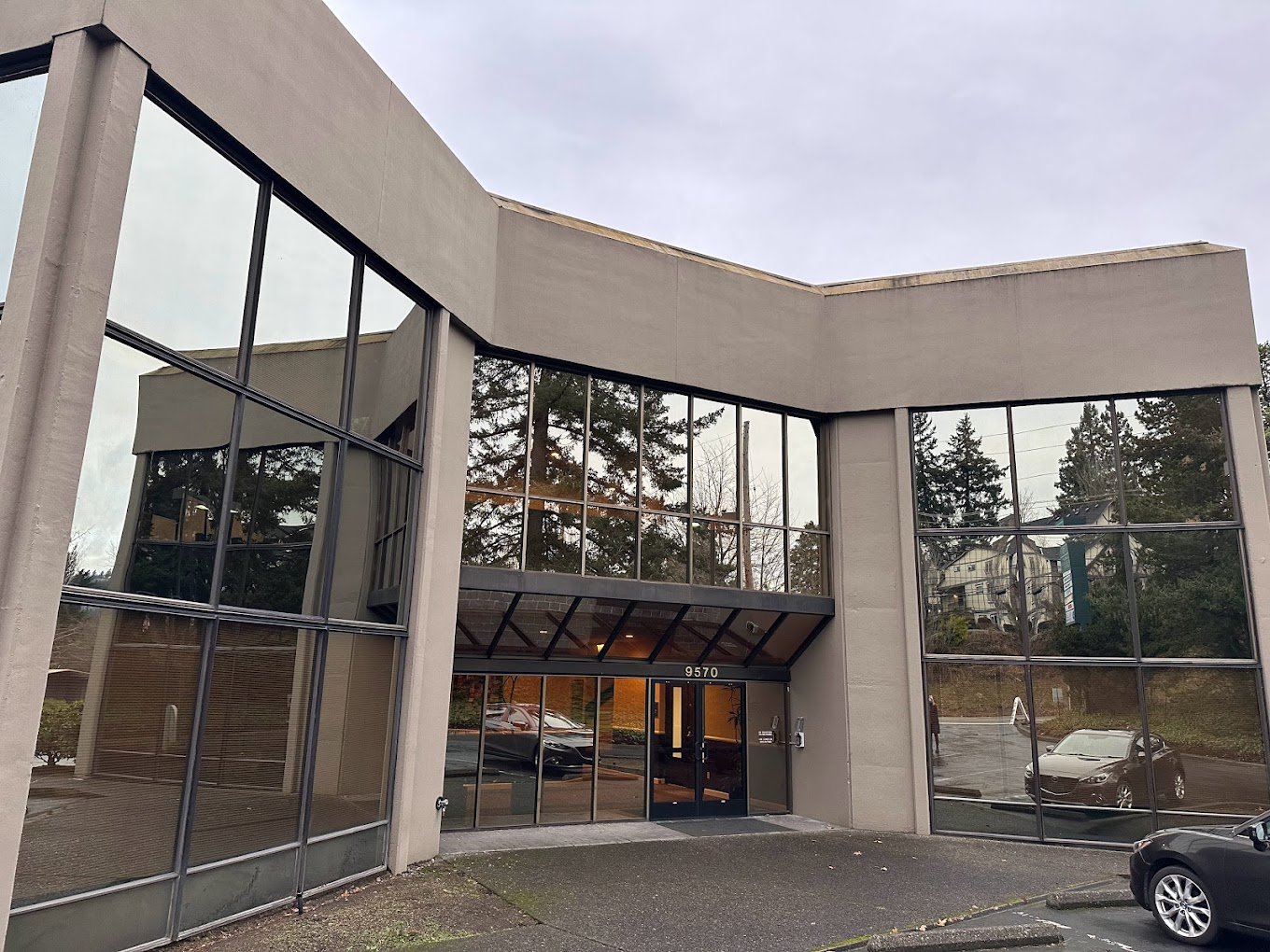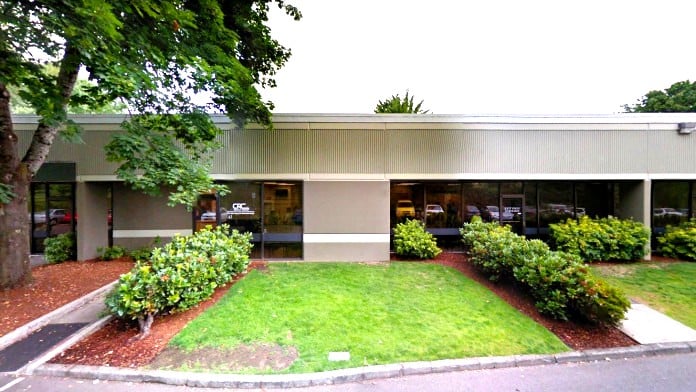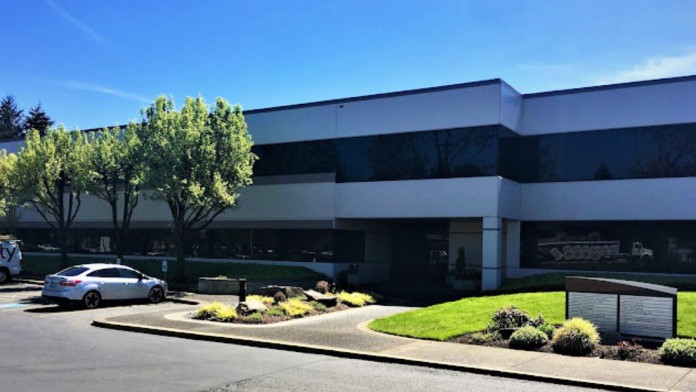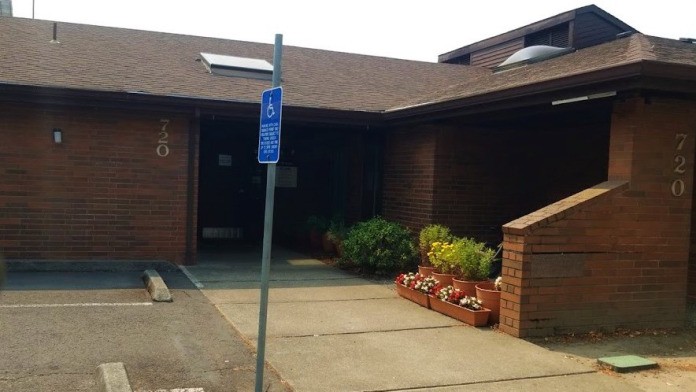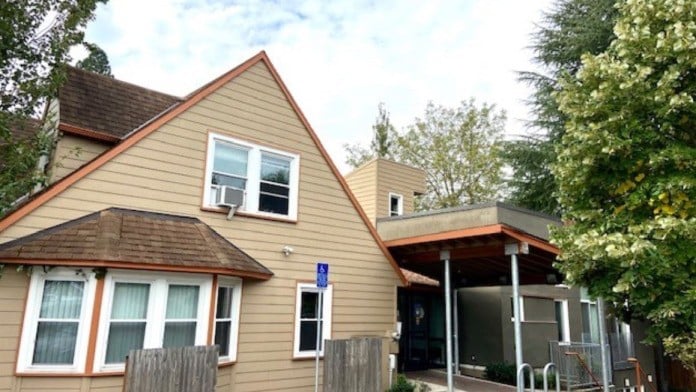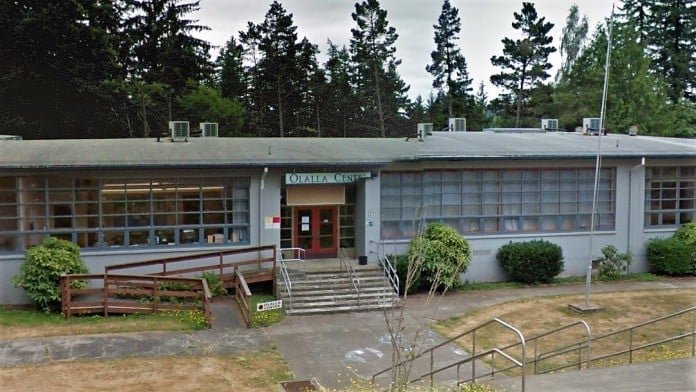About Clackamas Mental Health Center
Formerly known as the Centerstone Behavioral Health, the Clackamas Mental Health Center is a community care facility that operates in Portland, Oregon. This is an immediate crisis drop in center that can help support you or a loved one as you navigate struggles with your mental or behavioral health. They also have programming in place that can address co-occurring substance abuse issues that are at play. They offer a continuum of services, including comprehensive outpatient care as well as crisis intervention and case management support.
They accept policies from most major insurance providers including Medicaid and Medicare. They also have several payment assistance programs that can help make care more affordable if you’re uninsured or underinsured.
Addiction Treatment Through Crisis Support
It’s through their crisis intervention center where you can get started on the path to recovery if you’re struggling with a substance use disorder. When you come in for a crisis related to alcohol or drug addiction, you’ll be supported by peers and a caring recovery team who will help you fully stabilize. From there, you’ll get connected to the appropriate treatment program or community support to help you start your recovery process fully.
Accessible and Welcoming Recovery Environment
This facility is easy to get to as it’s outside of the Clackamas Town Center, a popular shopping strip in Portland. The facility itself is nondescript, so you feel safe and secure when you come here for support.
Once inside, you’ll find a welcoming and supportive environment. It’s a place where you can find peer support services to help you get through an immediate crisis. It’s also here where you’ll get linked to other services like housing support and coordinated care so that you have a plan in place once your body is stabilized and you’re in a positive headspace.
Latest Reviews
Rehab Score
Gallery
Accepted Insurance
Other Forms of Payment
Medicaid is a state based program that helps lower-income individuals and families pay for healthcare. Medicaid covers addiction treatment so those enrolled can use their coverage to pay for rehab. When a program accepts Medicaid the client often pays very little or nothing out of their own pocket.
Private insurance refers to any kind of healthcare coverage that isn't from the state or federal government. This includes individual and family plans offered by an employer or purchased from the Insurance Marketplace. Every plan will have different requirements and out of pocket costs so be sure to get the full details before you start treatment.
Self-pay involves paying for treatment out of your own pocket. You can use savings or credit, get a personal loan, or receive help from family and friends to fund your treatment. If you don't have insurance or your insurance plan doesn't cover a specific program, self-pay can help ensure you still get the care you need.
Medicare is a federal program that provides health insurance for those 65 and older. It also serves people under 65 with chronic and disabling health challenges. To use Medicare for addiction treatment you need to find a program that accepts Medicare and is in network with your plan. Out of pocket costs and preauthorization requirements vary, so always check with your provider.
Addiction Treatments
Levels of Care
 Outpatient
Outpatient
Treatments
Mental health rehabs focus on helping individuals recover from mental illnesses like bipolar disorder, clinical depression, anxiety disorders, schizophrenia, and more. Mental health professionals at these facilities are trained to understand and treat mental health issues, both in individual and group settings.
Programs

Adult Program

Young Adult Program
Clinical Services
Cognitive Behavioral Therapy (CBT) is a therapy modality that focuses on the relationship between one's thoughts, feelings, and behaviors. It is used to establish and allow for healthy responses to thoughts and feelings (instead of unhealthy responses, like using drugs or alcohol). CBT has been proven effective for recovering addicts of all kinds, and is used to strengthen a patient's own self-awareness and ability to self-regulate. CBT allows individuals to monitor their own emotional state, become more adept at communicating with others, and manage stress without needing to engage in substance abuse.
Group therapy is any therapeutic work that happens in a group (not one-on-one). There are a number of different group therapy modalities, including support groups, experiential therapy, psycho-education, and more. Group therapy involves treatment as well as processing interaction between group members.
In individual therapy, a patient meets one-on-one with a trained psychologist or counselor. Therapy is a pivotal part of effective substance abuse treatment, as it often covers root causes of addiction, including challenges faced by the patient in their social, family, and work/school life.
Trauma therapy addresses traumatic incidents from a client's past that are likely affecting their present-day experience. Trauma is often one of the primary triggers and potential causes of addiction, and can stem from child sexual abuse, domestic violence, having a parent with a mental illness, losing one or both parents at a young age, teenage or adult sexual assault, or any number of other factors. The purpose of trauma therapy is to allow a patient to process trauma and move through and past it, with the help of trained and compassionate mental health professionals.
Staff
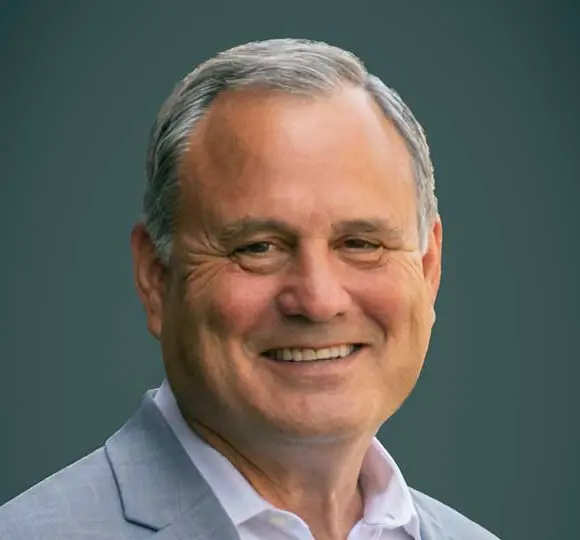
Craig Roberts
Chair
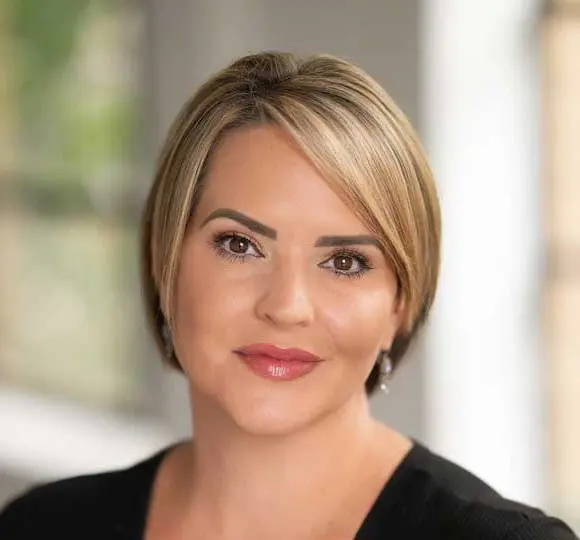
Melissa Fireside
Commissioner
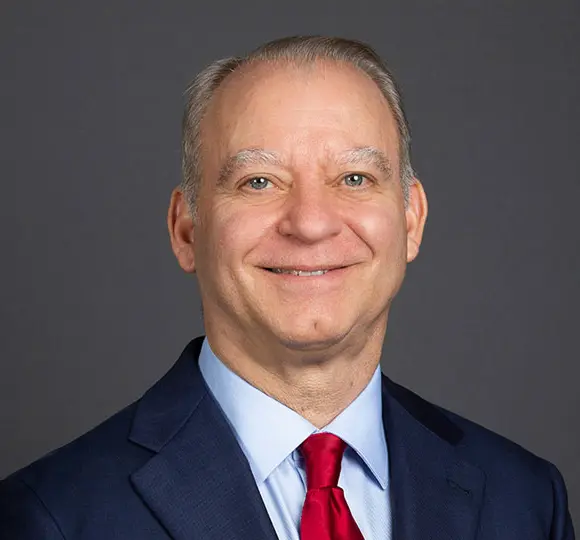
Paul Savas
Commissioner
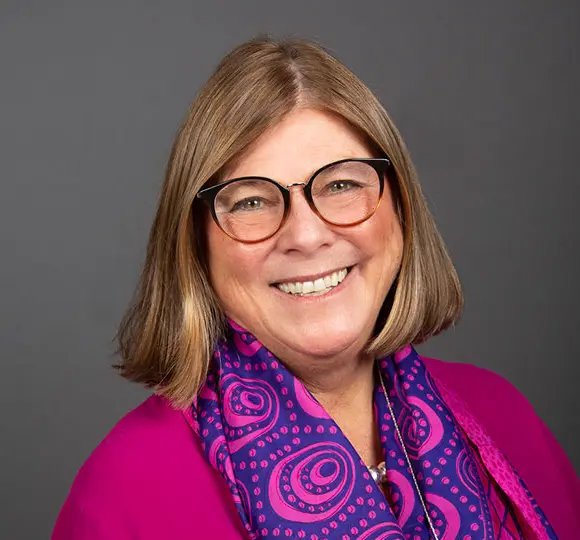
Martha Schrader
Commissioner
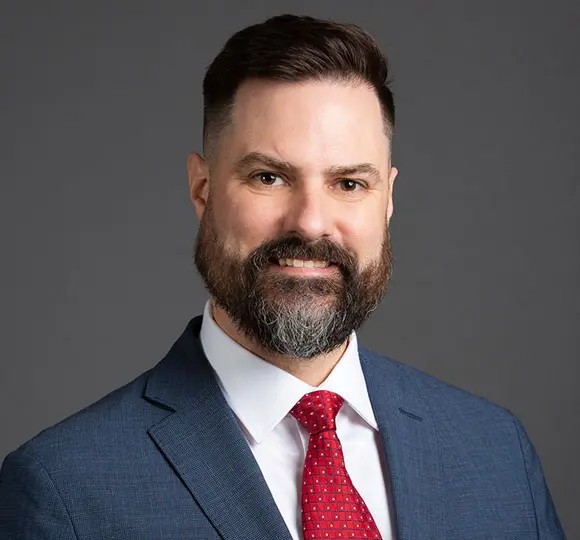
Ben West
Commissioner
Contact Information
11211 Se 82nd Avenue
Suite O
Portland, OR 97086
